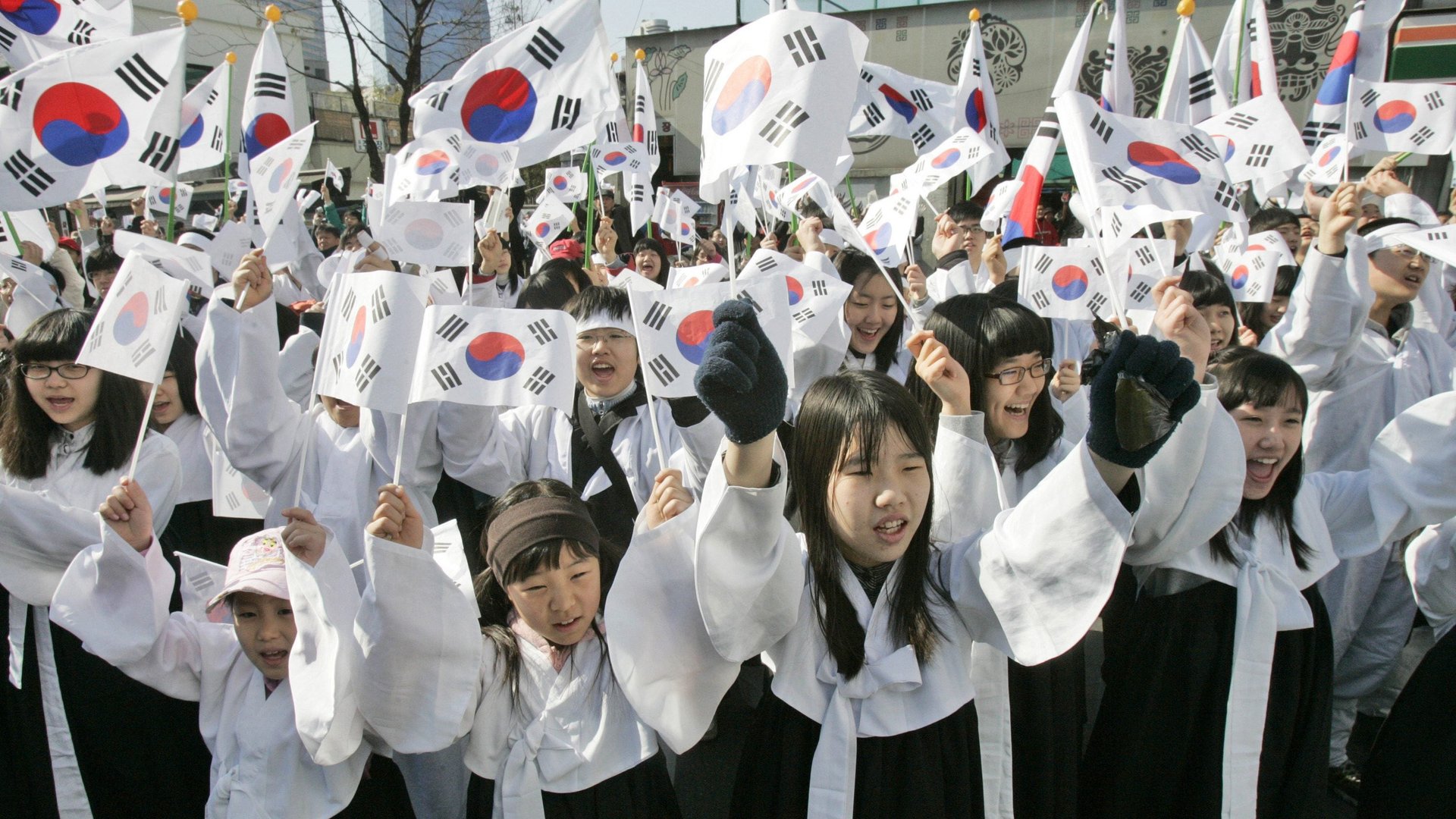South Korean professors have been listing their kids as co-authors on research papers
Either lots of South Korean kids have professor-like skills or somebody has been lying.


Either lots of South Korean kids have professor-like skills or somebody has been lying.
The latter, it turns out. University professors listed their children—most in middle or high school—as co-authors of their research paper in 82 cases during a 10-year period ending in 2017, the South Korean education ministry recently revealed.
In 43 of the cases, there appeared to be no valid reason for the children to be listed, the Korea Times reported on Jan. 26. In the rest, there was at least a possible excuse: a joint program teaching kids about writing university research papers.
Authorities first noticed a problem late last year. A professor at the top-tier Seoul National University was found to have listed his son, in junior high school, as a co-author in dozens of research papers. Among the 29 universities involved in the scandal, Seoul National University had the most cases in which professors added their children’s names to research papers without any link to a joint program.
Admissions fraud is not uncommon in South Korea, which is known for its grueling academic culture and the enormous pressure to get into good schools. Last month police initiated investigations into admissions records among 200-plus universities in the past five years, after finding that some students had been admitted in part thanks to having, supposedly, government-issued certificates for the physically challenged. Having such a certificate reduces the amount of competition one faces.
The ministry is looking into whether professors used the fake authorships to help their children get a leg up in university admissions. It’s asked schools to submit explanations, including whether the young authors made sufficient contributions to the papers.
Some students could soon find their university acceptance abruptly withdrawn.